
- Article
- Article
“People see the disability but forget the ability”
I’m a disabled Asian woman, and mother of four. I’m trying to show people that we have to talk about disability if we want things to change.

- Article
- Article
“Disability is never an individual diagnosis”
As a 35-year-old man, I am sure that my fear of getting old is not uncommon. But for me, that fear goes deeper. I have spina bifida.
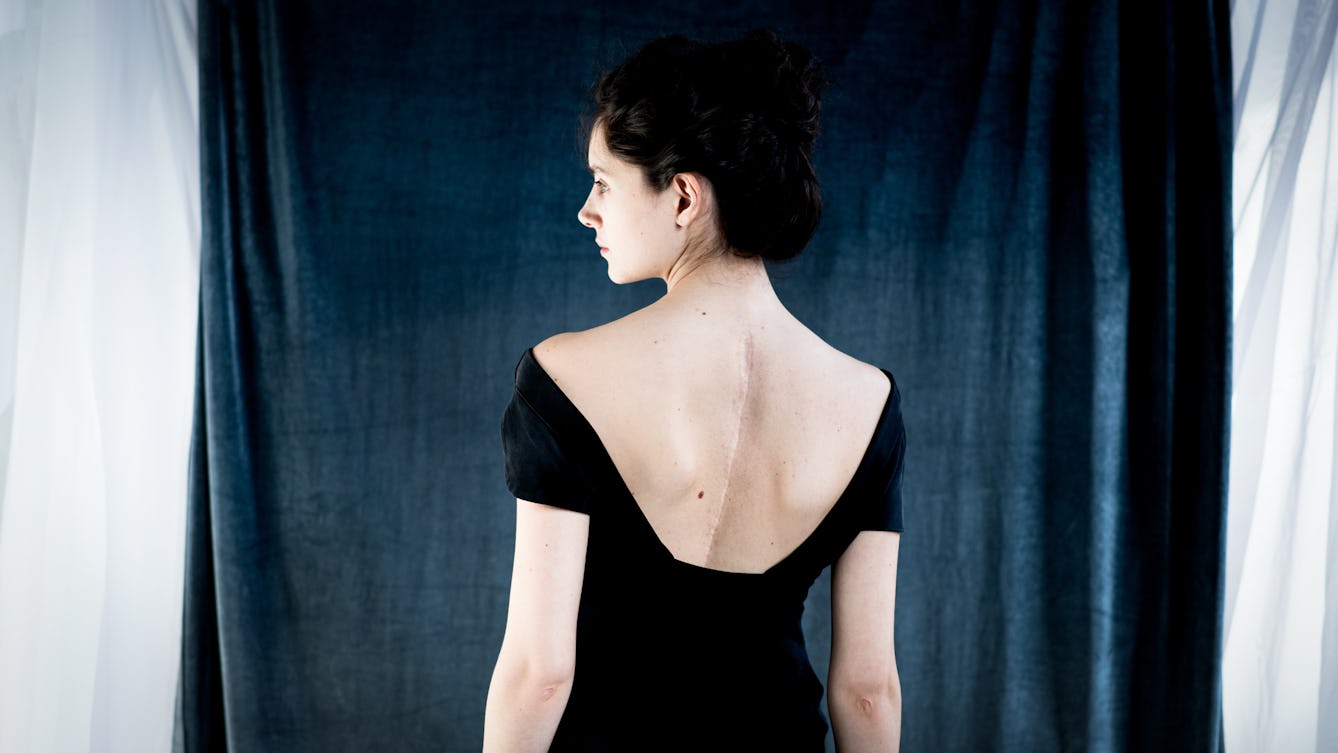
- Article
- Article
Fashion for an unruly body
One weekend, just before an operation to correct her scoliosis, Rosalind Jana stopped trying to hide her body. Read how those two days helped her step into the future.

- Article
- Article
Good animals, bad humans?
Could an animal be more evolved than a human? Victorian psychologists thought that in some cases the answer could be ‘yes’.

- Article
- Article
How my wheelchair changed my life
A young woman diagnosed with a disabling condition found her world shrank without the mobility aids she needed to get outside. Finally facing the stigma around using a wheelchair transformed her everyday life.
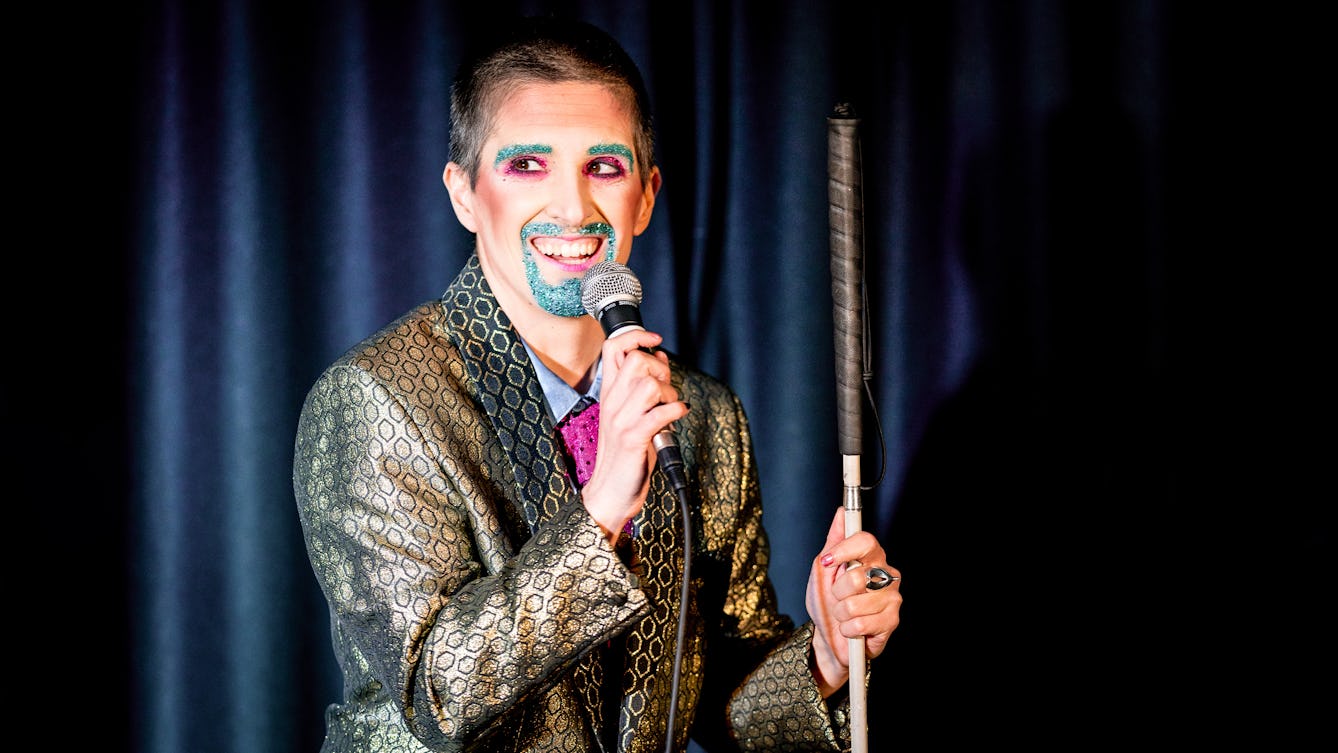
- Article
- Article
The politics and power of audio-description
Traditional theatre audio-description often lets down artists and audiences. But, done well, it has the potential to be a force for creativity as well as accessibility.

- Long read
- Long read
Primodos, paternalism and the fight to be heard
Journalist Florence Wildblood examines the case of Primodos – a conveniently quick but risky hormone pregnancy test that was prescribed in the 1960s and ’70s – and profiles two women at the story’s shocking heart.

- Article
- Article
Notes on need
Writing about bodies, and hearing the stories of others’ bodies, Johanna Hedva also heard, over and over, how people blame themselves – and are encouraged to do this – for illness and disability.
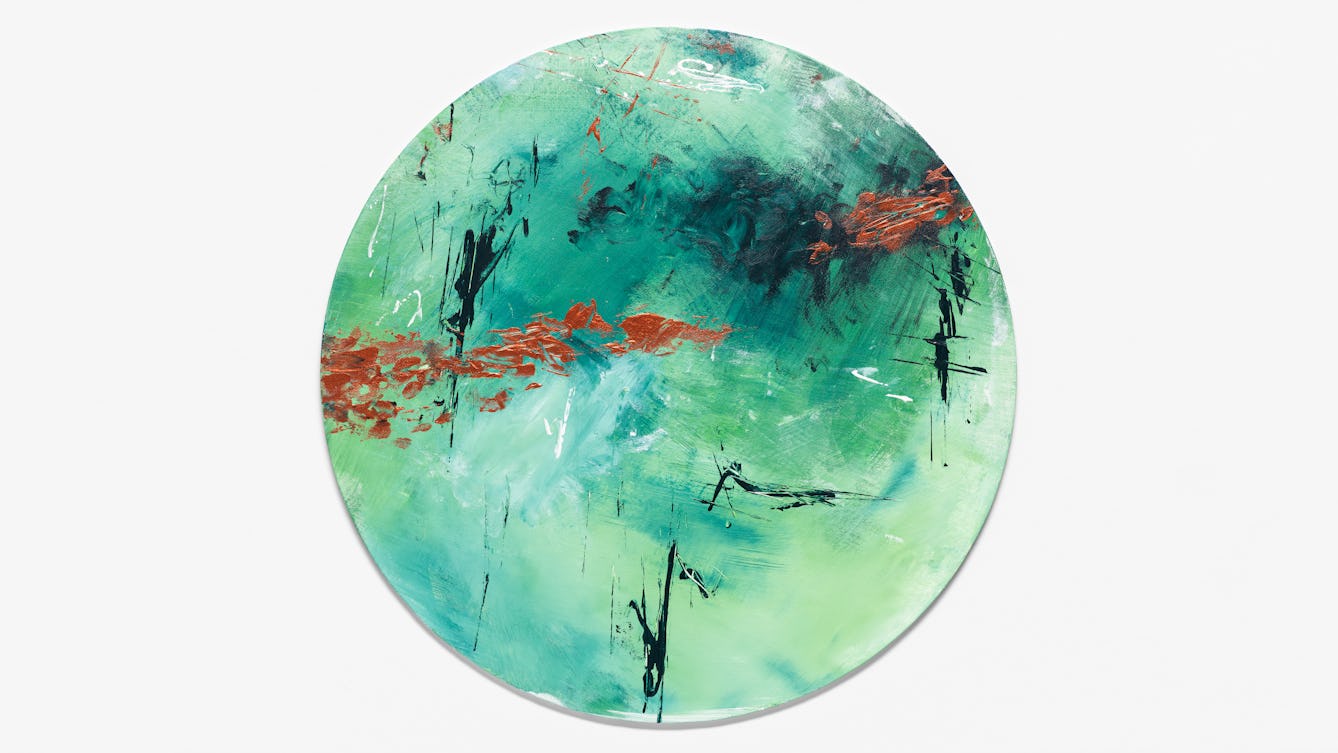
- Article
- Article
Why the truth is better than a happy ending
Caroline Butterwick often uses lived experience to inform her journalism, but she’s discovered a tension between the truth and stories that will sell.

- Article
- Article
Aphasia and drawing elephants
When Thomas Parkinson investigated the history of “speech science”, he discovered an unexpected link between empire, elephants and aphasia.

- Article
- Article
“Everybody desires a degree of independence”
I’m 26, and building a network of friends and my career. Unlike most people my age, I’m entirely dependent on carers to achieve this.

- Article
- Article
The ‘undesirable epileptic’
Abused in her marriage for being 'a sick woman', Aparna Nair looked to history to make sense of the response to her epilepsy. She discovered how centuries of fear and discrimination were often endorsed by science and legislation.
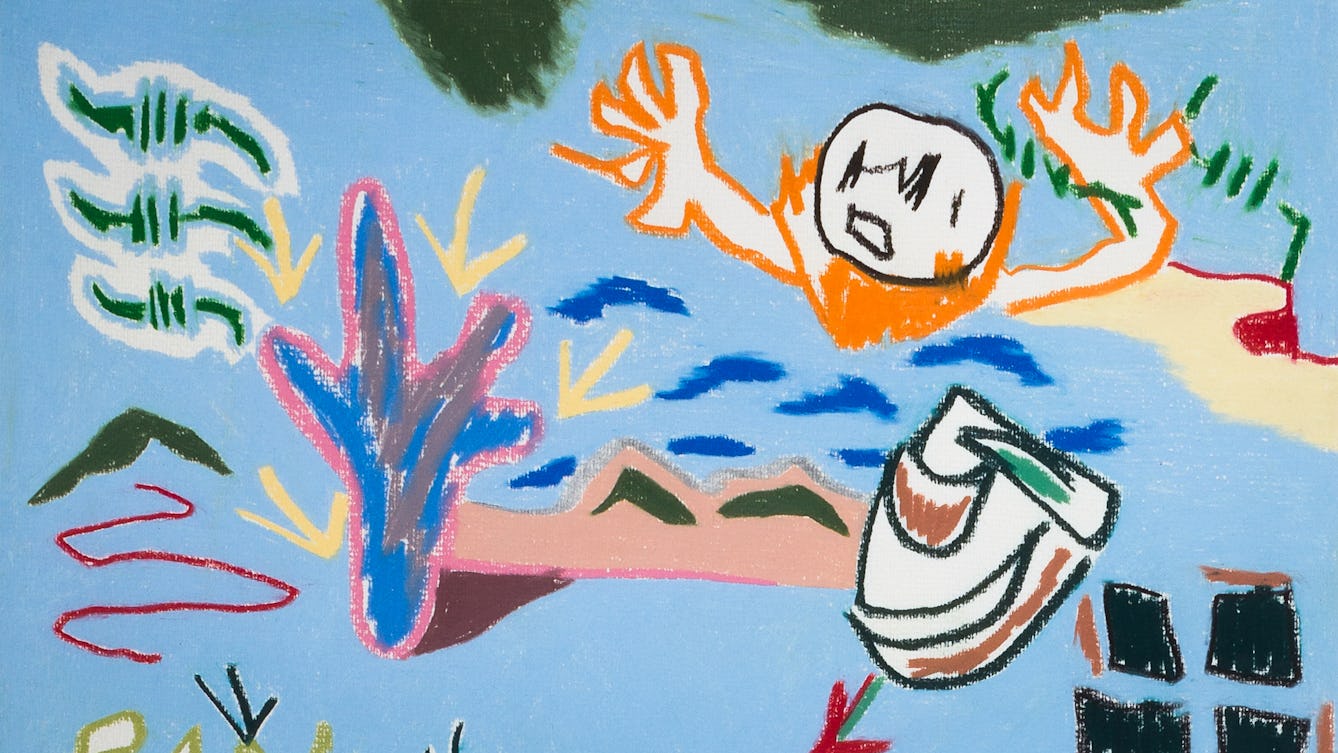
- Article
- Article
The indelible harm caused by conversion therapy
With first-hand evidence from two powerful testimonies, neurologist Jules Montague explores the destructive history of conversion therapy, a punitive treatment designed to ‘cure’ people of homosexuality.

- Article
- Article
The shocking ‘treatment’ to make lesbians straight
Being a lesbian has never been a crime in the UK, but 50 years ago, some psychologists experimented with treatments to try to ‘cure’ women of their orientation. Find out what this involved.

- Article
- Article
Succumbing to stimming in dance
As a child, Susanna Dye felt ashamed of their need to stim, but has found a way to incorporate these repetitive movements into their creative practice as a dancer and facilitator.

- Article
- Article
Active pensioners, blooming gardens
To reach your 70s with over 300,000 Twitter followers or running a music festival is not the stereotypical image of retirement. But does this energetic engagement with life equal happiness?

- Article
- Article
The current that kills
In the 19th century, electricity held life in the balance, with the power to execute – or reanimate.

- Article
- Article
Guerrilla public health
From safe-use guides to needle exchange schemes, Harry Shapiro reflects on 40 years of drug harm reduction in the UK.

- Article
- Article
Dyslexia and its misconceptions
Overcoming common myths about dyslexia only adds to the challenges of growing up with the condition. Madeleine Morley, who was diagnosed with dyslexia aged eight, goes into myth-busting mode and shares her personal experiences.

- Article
- Article
Reclaiming my story
Sharing her story of mental illness and treatment with trainee social workers has helped Caroline Butterwick make sense of her past, and continues to be a positive part of her life today.

- Article
- Article
Sick of the theatre
What makes the stage a good place to share real-life experiences of ill health?
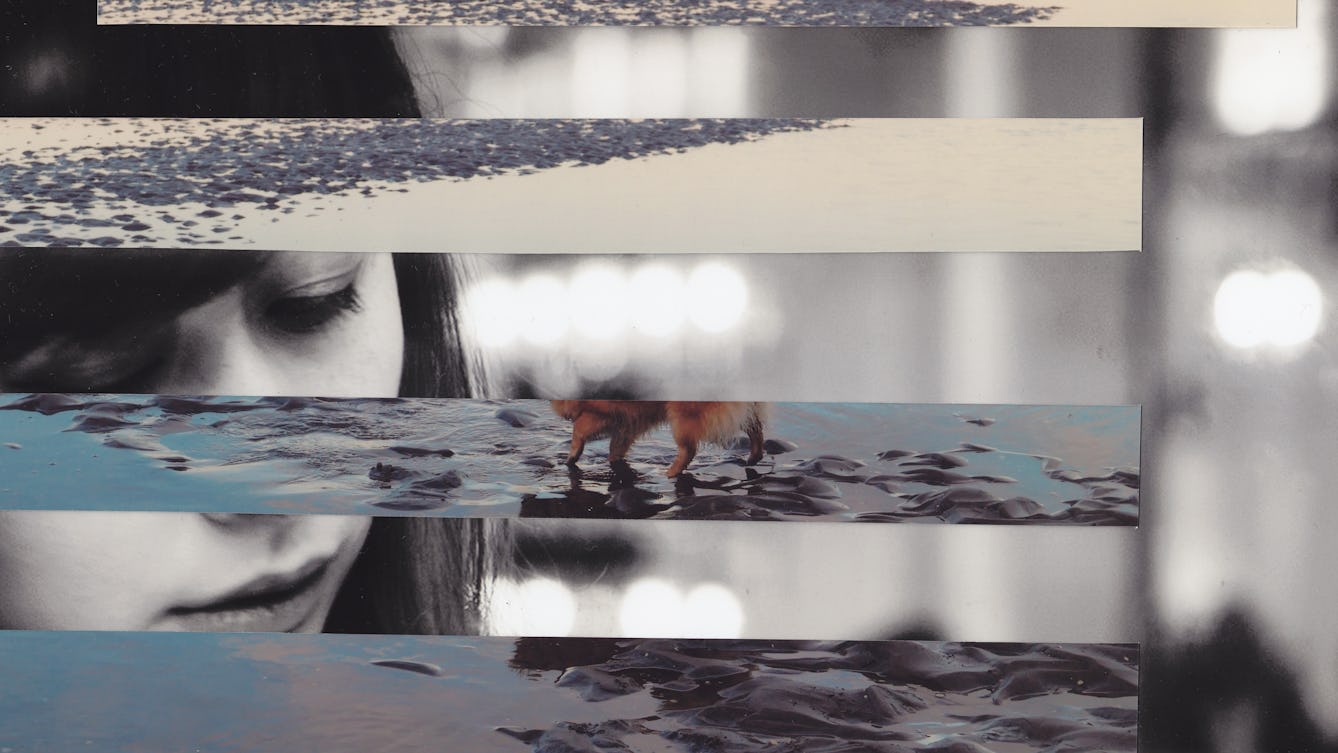
- Article
- Article
A little wildness
To salve her longing for a dog, Rowan Hisayo Buchanan chose a puppy. She found that, despite centuries of domestication, her dog still retains aspects of her wild ancestry.

- Article
- Article
When a private pee is a public disgrace
The free pee is getting rarer. And the lack of suitably equipped disabled toilets is condemning people to lives cloistered away in their own homes. Discover how toilet access for all is part of an equal society.
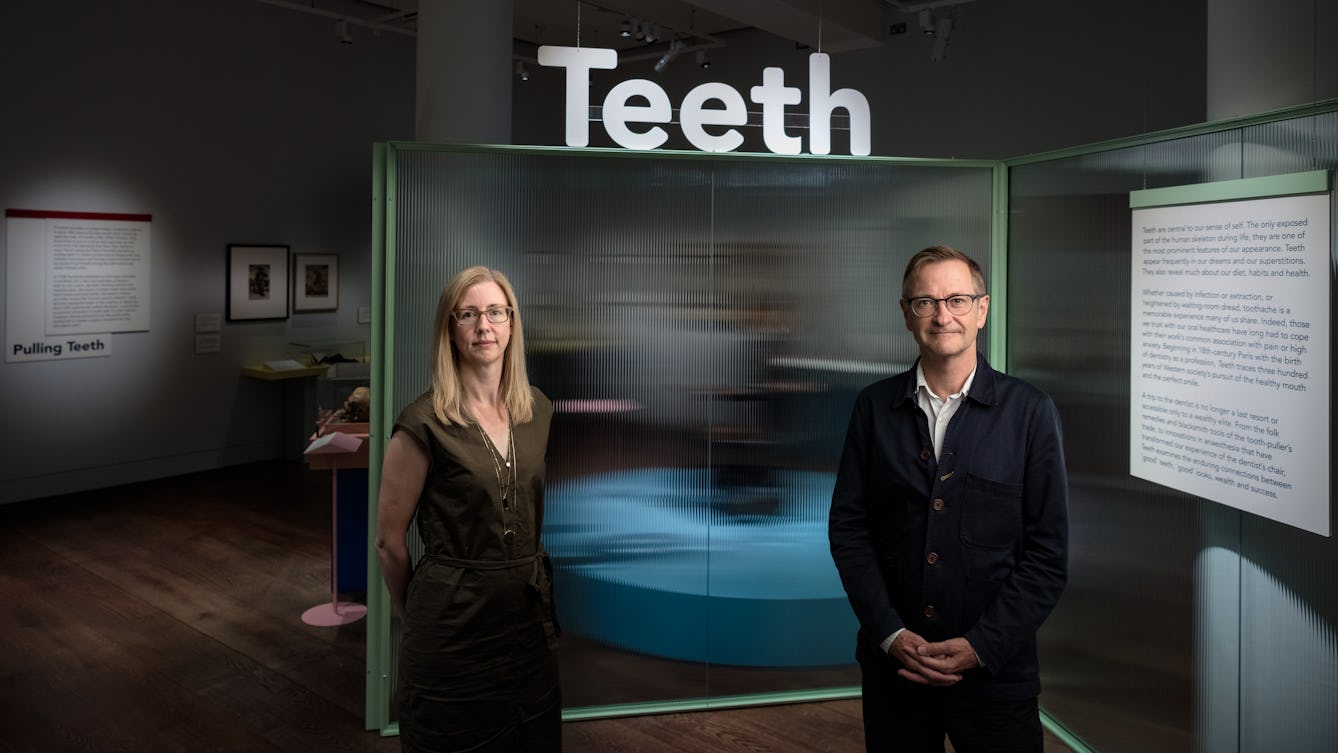
- Interview
- Interview
Inside the minds of Teeth’s two curators, James Peto and Emily Scott-Dearing
James Peto and Emily Scott-Dearing talk visceral reactions, their interactions and object extractions.
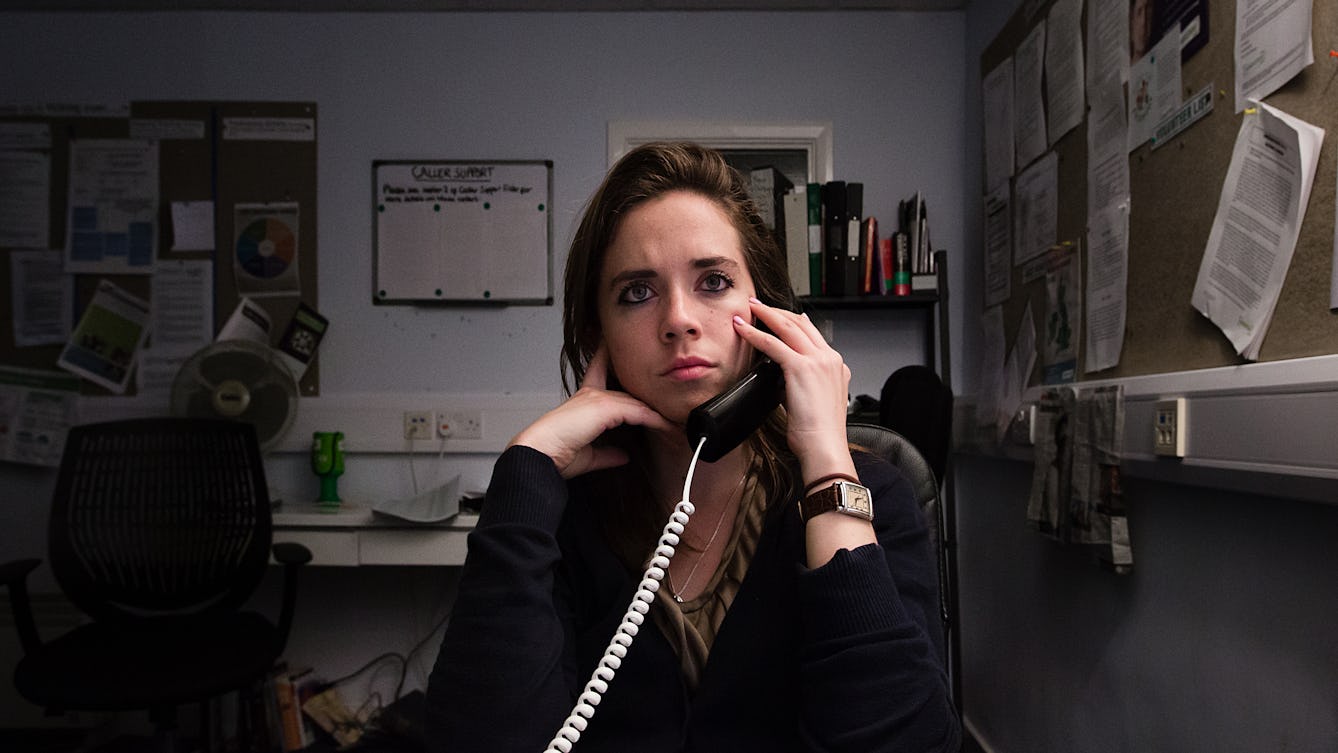
- Article
- Article
Befriending heavy breathers
Read the fascinating story behind the rare manual that helped volunteers on one of Britain’s first free telephone helplines to deal with masturbating callers.